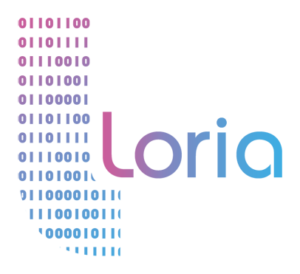Background
Our world has entered a major ecological crisis, with global limits beyond which unpredictable and potentially catastrophic environmental changes cannot be ruled out already being exceeded in four areas: global warming, biodiversity loss, the nitrogen cycle and land use change. But what can we do, collectively and professionally, in the face of this unprecedented global challenge?
On the one hand, as French public entities, Inria, the CNRS and the University of Lorraine are bound to respect the commitments of the Paris climate agreement, signed by France in 2016. However, to date, these commitments have not been met in almost all sectors. Ecological responsibility, rather than relying essentially on a few “major polluters” (e.g. “China”, “Total”, etc.) is in fact diffuse, and is spread across all sectors of activity (examples of the distribution of greenhouse gas emissions: air transport (5%), ruminants (5%), digital (4%), cement (4%), metallurgy (7%), etc.). This requires action at all levels, including that of a research establishment.
On the other hand, the mainspring of a research establishment (i.e. the advancement and dissemination of scientific knowledge) gives it a special status. Indeed, science is both the source of technological developments with a strong impact on the environment and the only means of objectively quantifying the ecological emergency. The world of research therefore needs to set an example in order to be heard within the many, often divergent, political, economic and media voices, and can play a “leading” role. Digital sciences, together with other disciplines, can help to provide a unified and credible voice for research on environmental challenges.
Finally, numerous studies from various laboratories and universities around the world demonstrate the significant and negative environmental impact of research practices. For example, a single intercontinental trip for a conference exceeds the annual emission quota per person as defined by the COP21 2050 objectives. Or the energy consumption of scientific supercomputers has grown exponentially over the past 20 years. These findings make the regular warning signals issued by the scientific communities harder to hear for the public and policy makers.
Our objectives
Faced with these observations, CARE, in coordination with the Inria project manager for social and environmental responsibility (Céline Serrano), the management, and the other local Inria sustainable development commissions, aims to support staff and local management in changing research practices in a sustainable and eco-responsible way. A first collective objective is a 50% reduction in the establishment’s greenhouse gas emissions by 2030 (-7% per year), in accordance with the COP21 trajectories and the Paris agreements aimed at limiting global warming to 1.5°C compared to the pre-industrial period.




